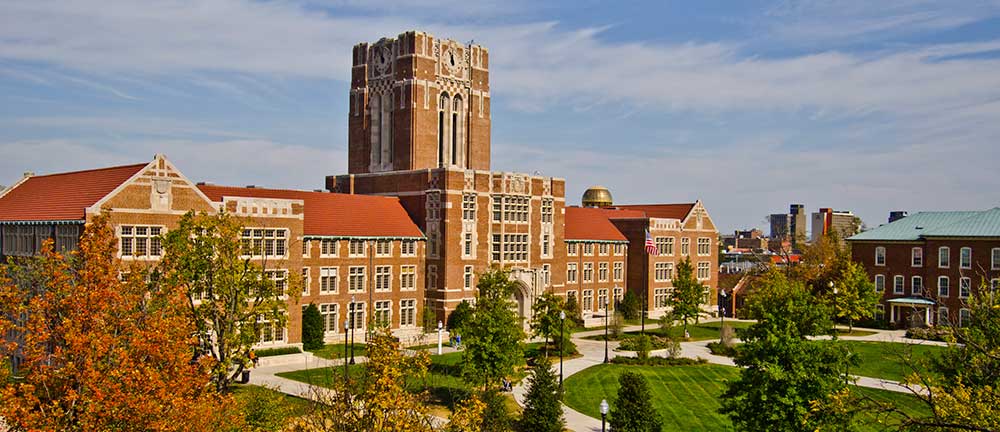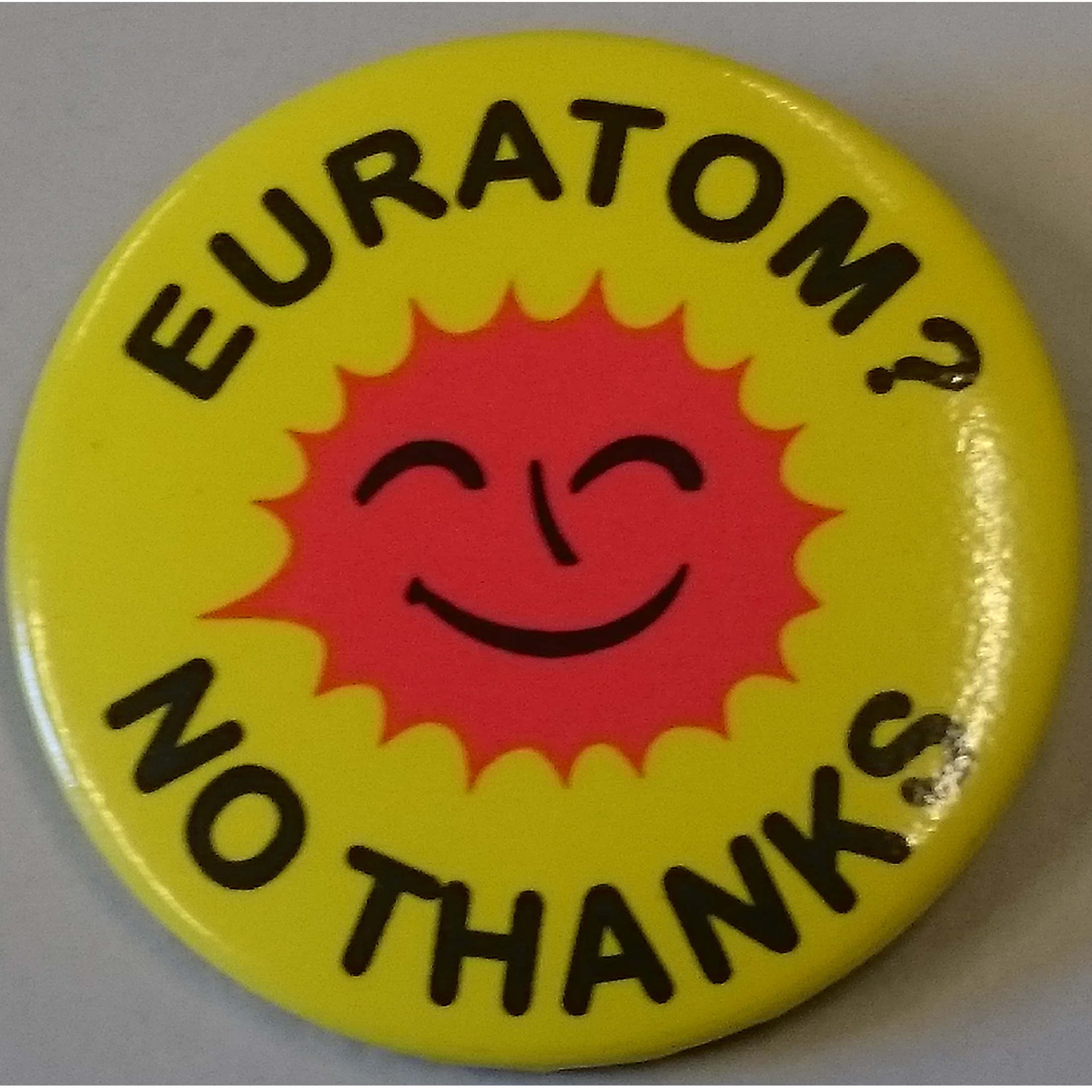I remember in the relatively early days of the WWW, or at least my first experiences of it in the early-to-mid-nineties, it was considered pretty exciting when webcams came along. I guess most web users of the time would have looked at least once to see how much coffee was in the pot of the Trojan Room Coffee Pot in the Computer Science Department at a University of Cambridge, via the webcam pointed at it.
I can't really comment on the extent to which webcams (as opposed, for example, to video cameras for video calls) are that useful or interesting, except to say that I don't think I ever regularly visit a website just to see one pointing at something elsewhere in the world. Still, if you are interested in such things, than I notice that the under-construction Facility for Antiproton and Ion Research (FAIR) in Darmstadt, Germany, has a webcam showing the progress of construction. Perhaps an enterprising student could use the feed to show how the current status compares with the schedule.









.jpg)





